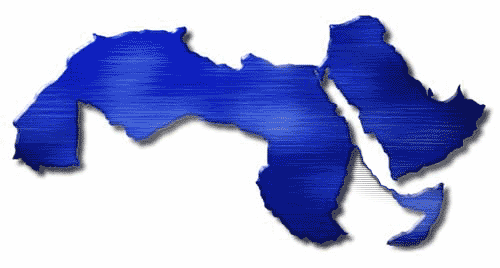New Lebanese magazine sets out to break taboos
 Beirut
Beirut
- A new Lebanese magazine that Focuses on body art, science and literature and aims to tackle subjects such as eroticism and fetishism, is due to hit the stands in the Arab world next month.
Joumana Haddad, editor-in-chief of Jasad (the Arabic word for body), said the publication aims to break taboos and will provide its writers, researchers and artists with the freedom they deserve.
"It will be a forum for all kinds of expressions of the body - erotic and non-erotic - in the form of essays, literature, arts, photography and more," Haddad said.
The magazine is to be based in Lebanon, a country its publishers describe as "the hub of free expression in the Arab world."
A naked woman enveloped in crimson silk fabric like a flower will feature on the cover of the magazine's first edition.
According to Haddad, Jasad's launch edition, will include topics ranging from fetishism and self-mutilation to cannibalism.
A lengthy feature on the handicapped and their bodies and topics that are not normally associated with notions of beauty is in the pipeline for the second edition.
"German poet Novalis once wrote that the only real temple in this world is the human body ... in fact, Jasad aims to reflect the body in all its representations, symbols and projections in our culture, time and societies," Haddad said.
The magazine is on course to hit bookstores in Lebanon in sealed bags and for distributed via courier to subscribers in other Arab countries in order to avoid censorship in a region where sexuality and eroticism are taboo.
Haddad said she expects the magazine will face difficulties and criticism in certain countries, but is convinced that Jasad, which she describes as the "niche cultural project," will gradually gain acceptance.
The hard task was finding the 50 contributing writers for the magazine, she said.
"The difficulties were to find the right writers, but we managed to find them," she said, adding that some of her contributing writers were from Saudi Arabia where such topics are rarely talked about.
"Our magazine will be done with the essence of the middle eastern culture, using our own words, our own language, our writers, our artists. This in itself gives it the authenticity it needs," Haddad added. (dpa)